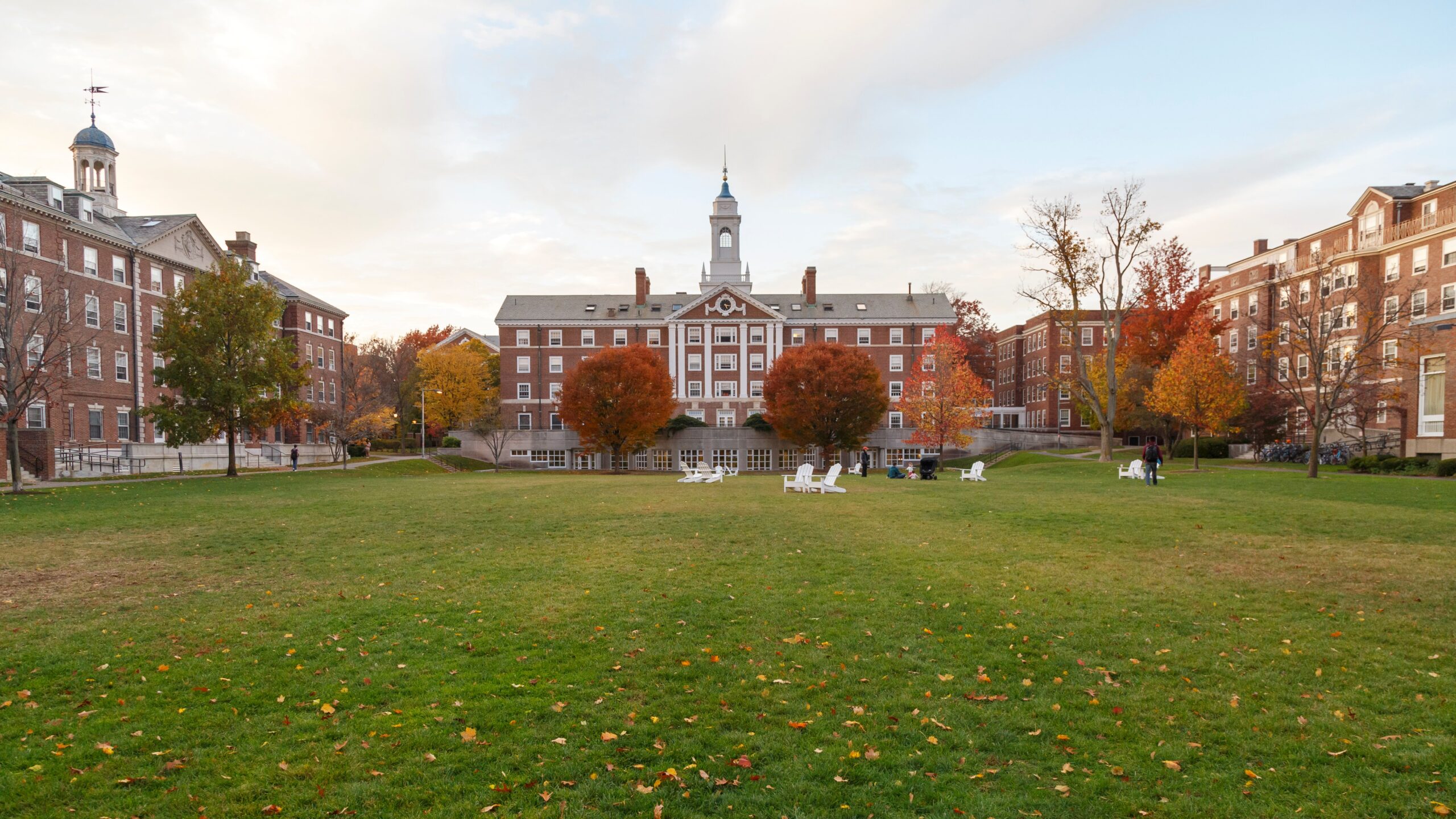
Harvard University has become increasingly rigid with the federal government after receiving a letter outlining the strict conditions the school must meet to maintain its financial relationship with Washington. Harvard President Alan Garber said it was clear that the university would not comply. The Federal Letter, dated April 11, 2025, outlines the broad reforms the government hopes Harvard University will implement by August. These include eliminating diversity, equity, and inclusion (DEI) programs, adopting merit-based hiring and admissions policies, auditing departments for ideological and viewpoint diversity, and even expelling students involved in certain protectives or conduct violences.The letter also proposes unprecedented oversight, requiring the university to open its records for forensic audits, submit to external evaluations of its hiring and Admissions practices, and report all foreign foundation Harvard leadership said some measures focus on combating anti-Semitism and ensuring diversity of perspectives, but most reforms overimpose constitutional boundaries and threaten the core principles of academic freedom. He stressed that while Harvard remains committed to addressing anti-Semitism on campus, the government’s demands go far beyond that. “Although certain requirements… are intended to combat anti-Semitism, the majority represents the direct adjustment of the “intellectual conditions” at Harvard,” Garber wrote. “We will not negotiate on our independence or constitutional rights.” Garber further asserted that the proposed agreement would violate Harvard’s First Amendment protection and its autonomy as a private institution. One of the most controversial requirements is to reduce the influence of certain faculty and administrators based on ideology and to “review” the impact of political views represented by various departments of the department. Harvard has received billions of dollars in federal grants and contracts over the decades, and these research has promoted advances in medicine, science and technology. These partnerships support groundbreaking work in the fields of cancer therapy and neuroscience to quantum computing and artificial intelligence. But under the proposed conditions, universities may lose this fund, and if the fund is not implemented, the government believes that it is necessary to state that the government believes that the safeguarding of civil rights laws is necessary; in particular, Chapter VI of the Civil Rights Act, which prohibits discrimination based on race or nationality. Regardless of name or structure, the government's plan also calls for the closure of all DEI initiatives. This includes disciplinary policies or verbal regulations being considered ideological bias. However, these efforts must be defined and implemented by the university itself, not determined by Washington. In reaffirming Harvard’s responsibility to comply with the Supreme Court’s obligations in the student’s ruling in the fair admissions case v. Harvard’s judgment (reduced race-based admissions), Garber, in what he calls “a claim of power, a claim of non-compliance with the law, a claim of disengagement from the law,” it is still unclear that Harvard’s strategy may be extended, while competition from the government is still unclear. As Garber concluded in his message to the Harvard community: “The job of solving our shortcomings, fulfilling our commitments and embodying our values is that we define and assume it as a community.
Source link


